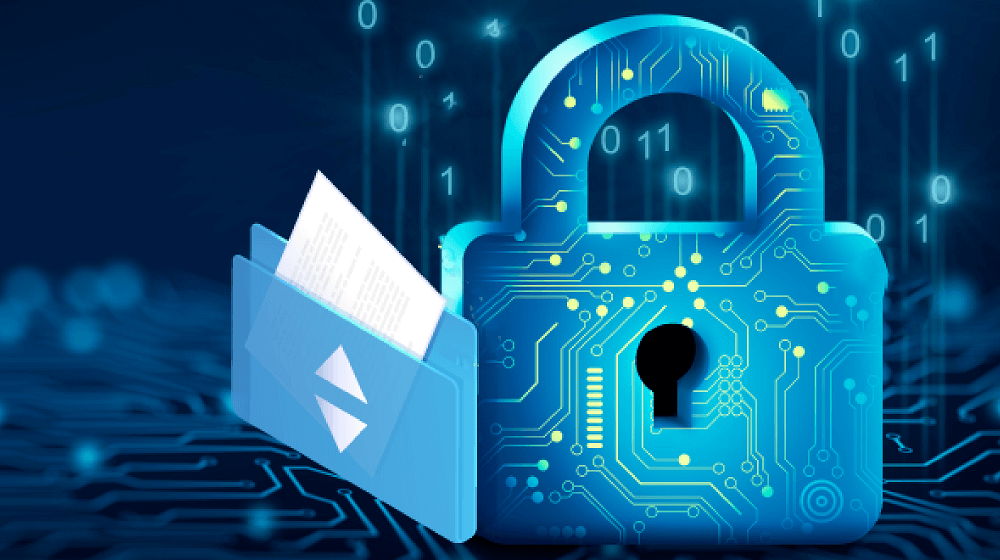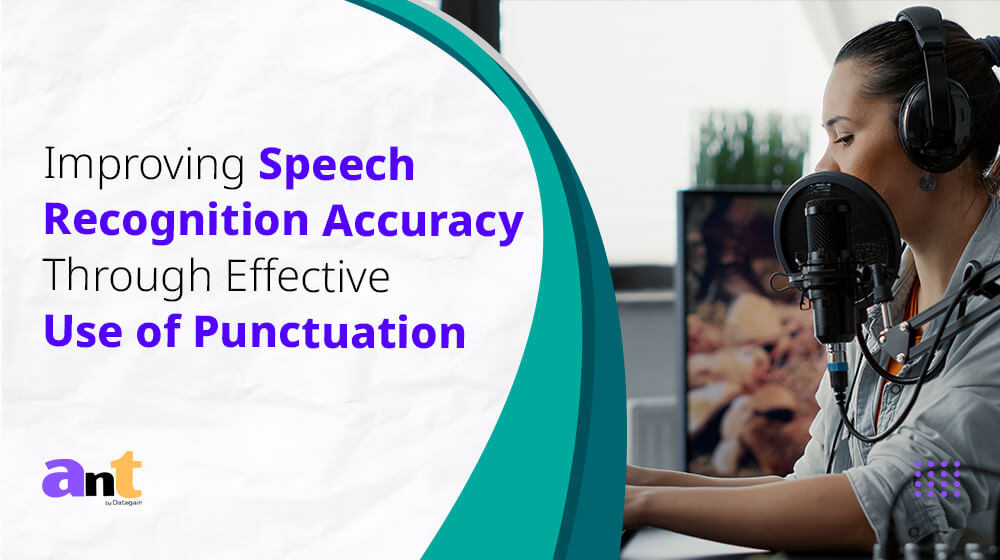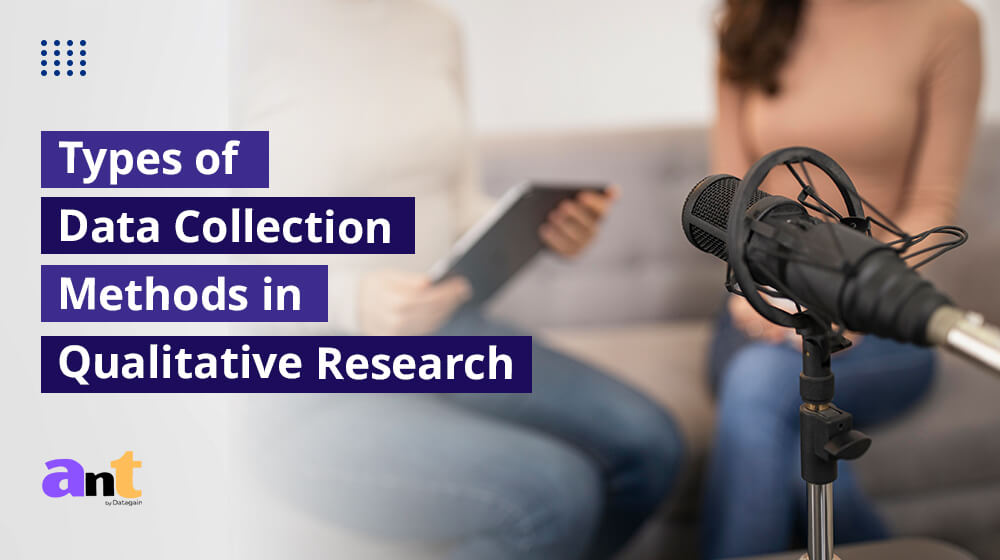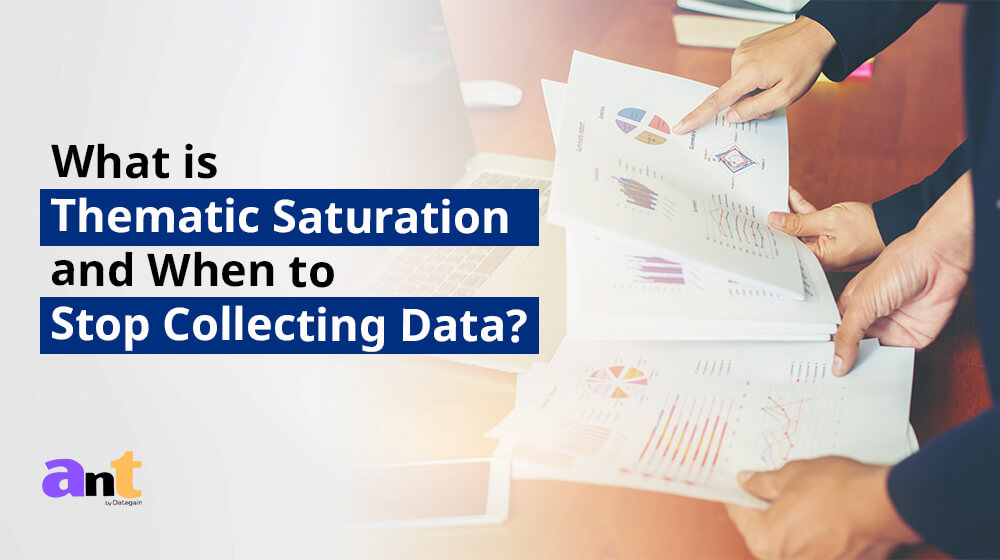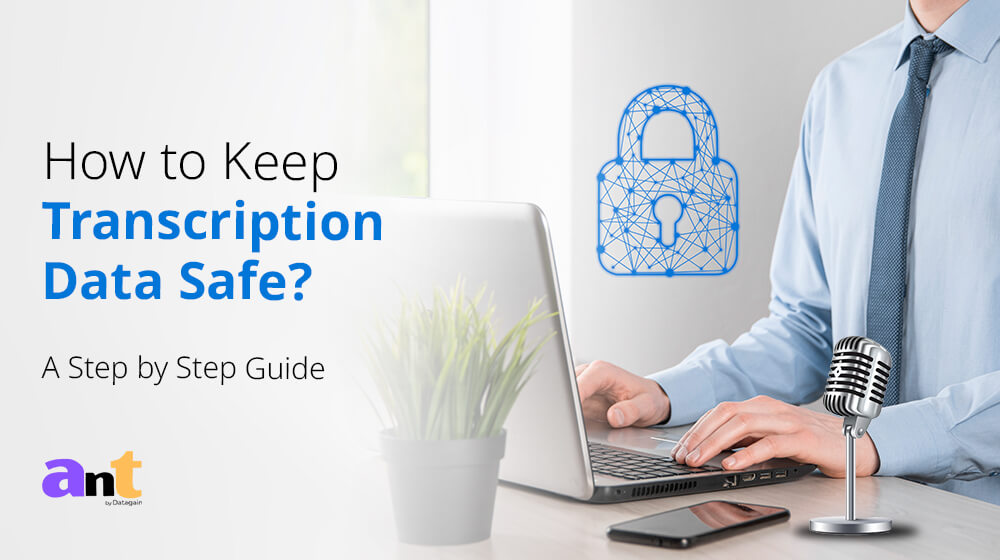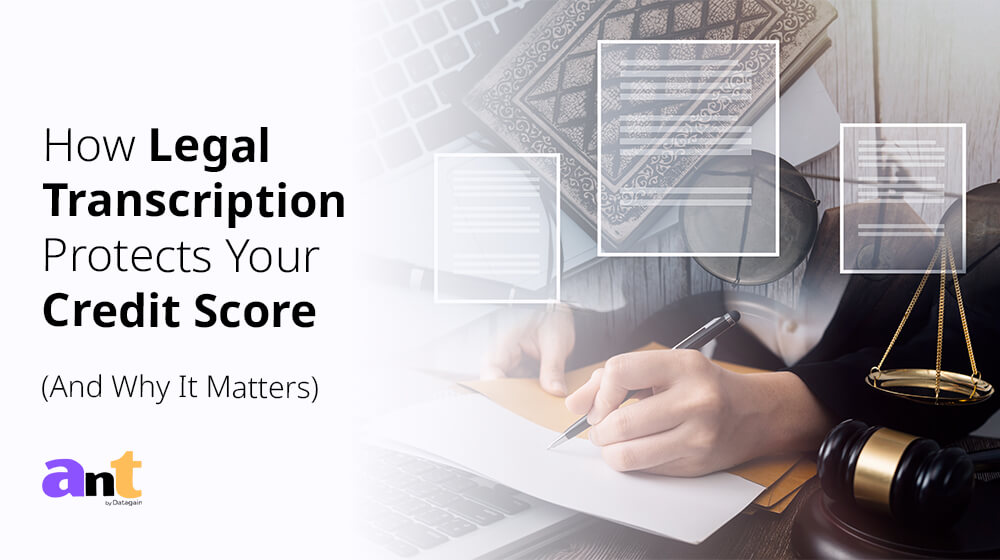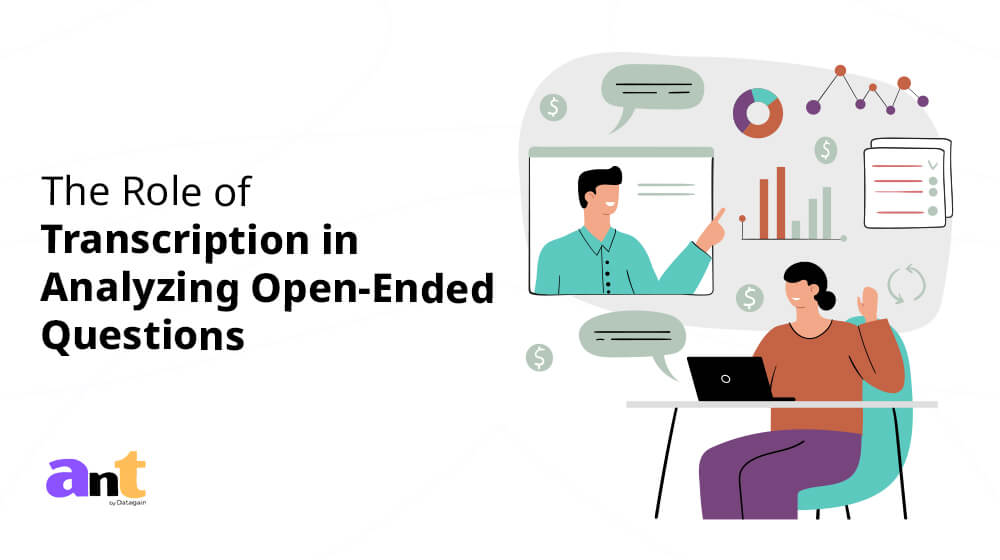Transcription services are integral to various industries, such as law, medicine, research, and journalism. But, the ethical landscape surrounding these services is filled with pitfalls. Transcription, at its core, is the process of converting spoken language into written text. It includes sharing, analyzing, and storing as a few essential steps. In doing so, sensitive information about a person or an organization might get exploited. It is where the concept of ethical transcription comes into play.
Maintaining confidentiality and privacy in transcription services goes beyond being a professional requirement: it is a moral obligation that safeguards individual and organizational integrity. The potential harm of violating confidentiality can range from identity theft, financial fraud, and damage to reputation to severe legal consequences.
Best Practices and Legal Regulations in Ethical Transcription
1. Data Encryption
This practice includes using encryption to protect data during storage and transmission. Encryption converts the data into a secure, unreadable format using cryptographic algorithms. It ensures that even if the data is intercepted, it remains unreadable without the proper decryption keys.
2. Confidentiality Agreements
Transcribers must sign confidentiality agreements before starting a transcription project. These agreements legally bind the transcribers to maintain the privacy and confidentiality of the information they encounter while performing their work. Confidentiality agreements establish a contractual obligation to protect sensitive information and prevent unauthorized disclosure.
3. Secure Platforms
This practice involves using secure platforms for file transfers in the transcription process. Secure File Transfer Protocol (SFTP) or File Transfer Protocol Secure (FTPS) are examples of secure protocols providing additional layers of data transmission security. These protocols encrypt data during transit, preventing unauthorized access. Using secure platforms minimizes the risk of data breaches or unauthorized access to the transcribed files.
4. Limited Access
The principle of least privilege (PoLP) is applied here in which only authorized individuals can access the data. Limiting access to a need-to-know basis reduces the risk of accidental or intentional misuse of the information. This practice prevents unauthorized personnel from accessing or manipulating the data. It helps maintain a higher level of control and accountability within the transcription process.
5. Data Disposal
Once a transcription project is completed, this practice involves securing and permanently deleting the original and transcribed files. Secure deletion methods ensure that no residual data can be accessed or recovered. Securely disposing of the data mitigates the risk of unauthorized access or accidental exposure to sensitive information. Proper data disposal is crucial in maintaining the confidentiality and privacy of the transcribed content.
6. Continuous Training
Regular training programs are provided to transcribers to raise awareness about the importance of confidentiality and privacy. It educates them about the steps to ensure these ethical practices. Continuous training keeps transcribers informed about emerging threats, new best practices, and legal requirements related to privacy and confidentiality. It helps them stay updated and equipped with the necessary knowledge and skills to handle sensitive information ethically.
Legal Regulations and the Future
Various legal regulations also bind transcription services to uphold privacy and confidentiality. For instance, the Health Insurance Portability and Accountability Act (HIPAA) in the healthcare sector in the United States mandates safeguarding medical information. Similar laws exist in different sectors and regions, reinforcing the importance of privacy and confidentiality.
Wrap up
Privacy and confidentiality are not just business or legal requirements but moral commitments to uphold the individual’s rights. We can successfully navigate ethical challenges in transcription with solid ethical guidelines, robust technology, and a commitment to professionalism.
If you need reliable and affordable ethical transcription services, look no further. Connect with us, and we will provide you with a team of highly skilled transcribers who possess years of expertise and knowledge in the field. Our dedicated professionals are committed to upholding ethical standards, ensuring the privacy and confidentiality of your valuable information. With our services, you can trust that your transcriptions will be accurate, timely, and professionally handled. Contact us today to experience our top-notch transcription services.

